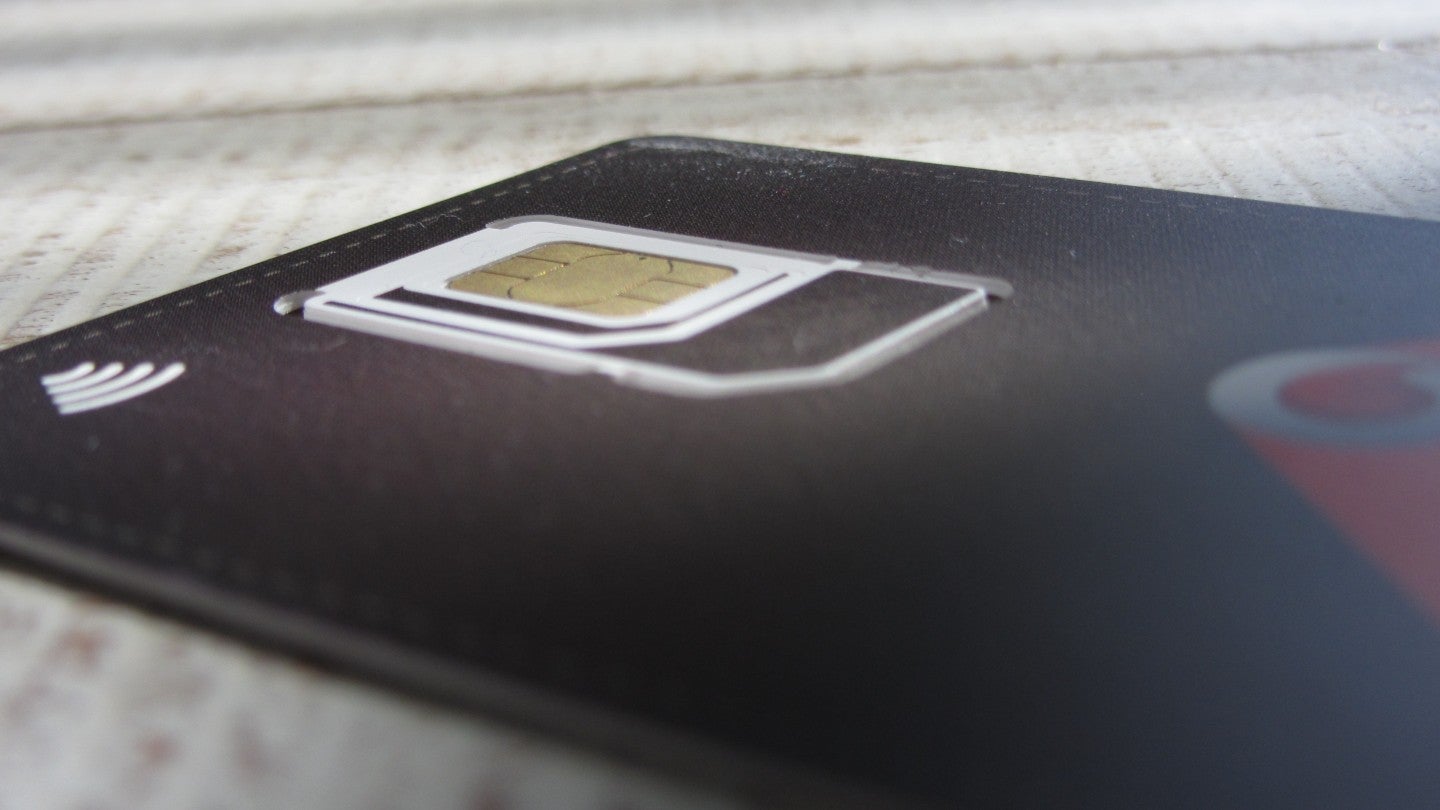
Internet of Things (IoT) company KORE Wireless has launched a new initiative to minimise the waste produced by packaging made for SIM cards.
As part of the initiative, the KORE will work on reducing the size of the packaging or card bodies, which holds the SIM itself.
KORE said it will target to reduce the size of the SIM card body by around 50% in relation to the SIM card.
The smaller card body will reduce the overall weight of the SIM shipments and will consequently help in lowering the shipping costs by approximately 50%.
The broader impact of this initiative is further expected to help customers in minimising their plastic waste usage by 50%.
Furthermore, KORE said the associated work will contribute to bringing down its carbon footprint by 16% and help in achieving the company’s wider sustainability goals.
KORE CEO and president Romil Bahl said: “KORE consistently looks for ways to leverage IoT to help organisations with their sustainability and environmental goals.
“We also evaluate our own processes and products to find ways to have a positive impact on global sustainability initiatives.”
According to the IoT company, the industry partners have only focused on the size of the SIM card, which has comparatively reduced over the last three decades, however, the packaging of the SIM has not changed much.
Apart from the latest initiative, KORE also provides e-SIMs with its OmniSIM solution that helps in promoting environmental sustainability goals.
The company said that in comparison to conventional SIM cards, which need to be swapped to manage the network changes, e-SIMs can easily be provisioned remotely.
In addition, an e-SIM can be used throughout the device’s lifecycle.
By eliminating the need to physically change the SIM can alone contribute to reducing plastic and carbon emissions that are produced by the manufacturing and shipping of SIM cards.


